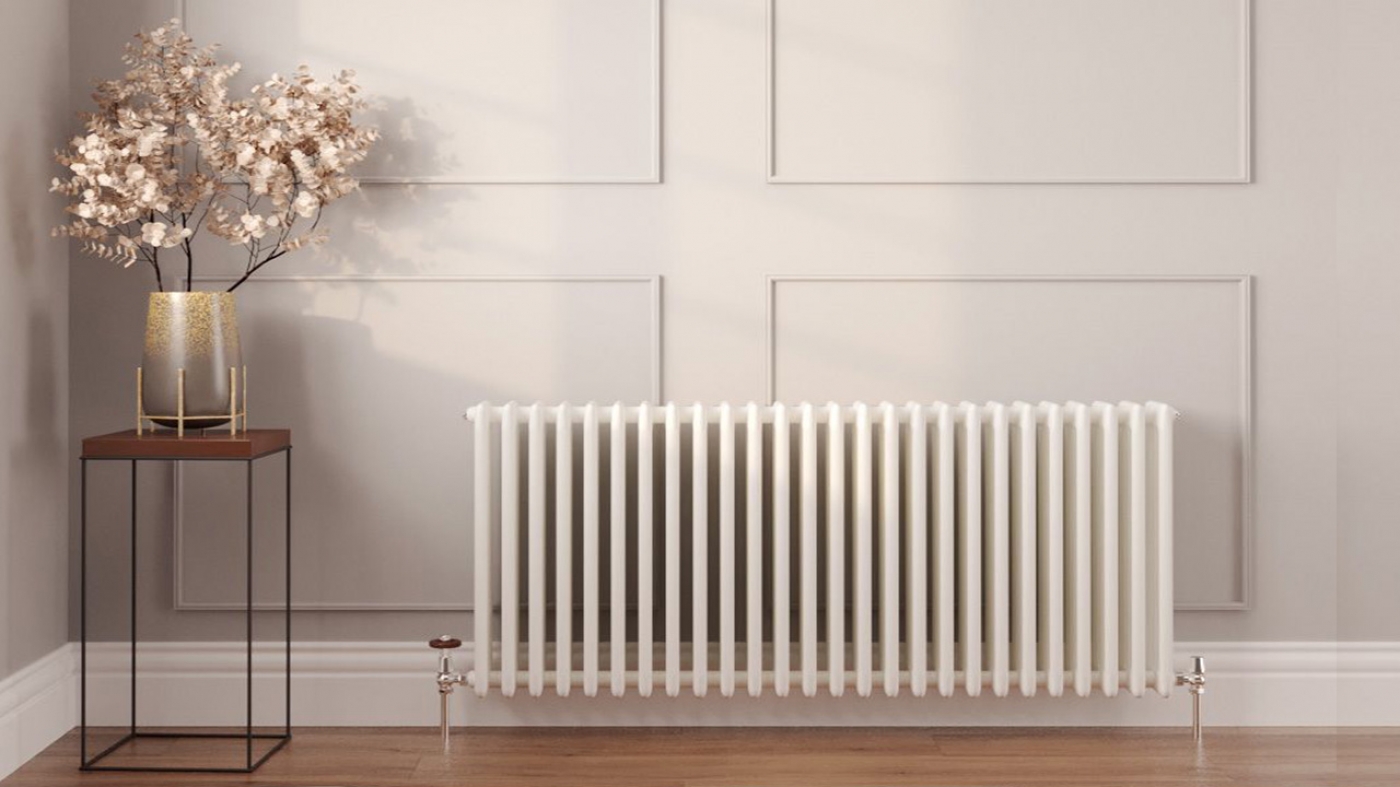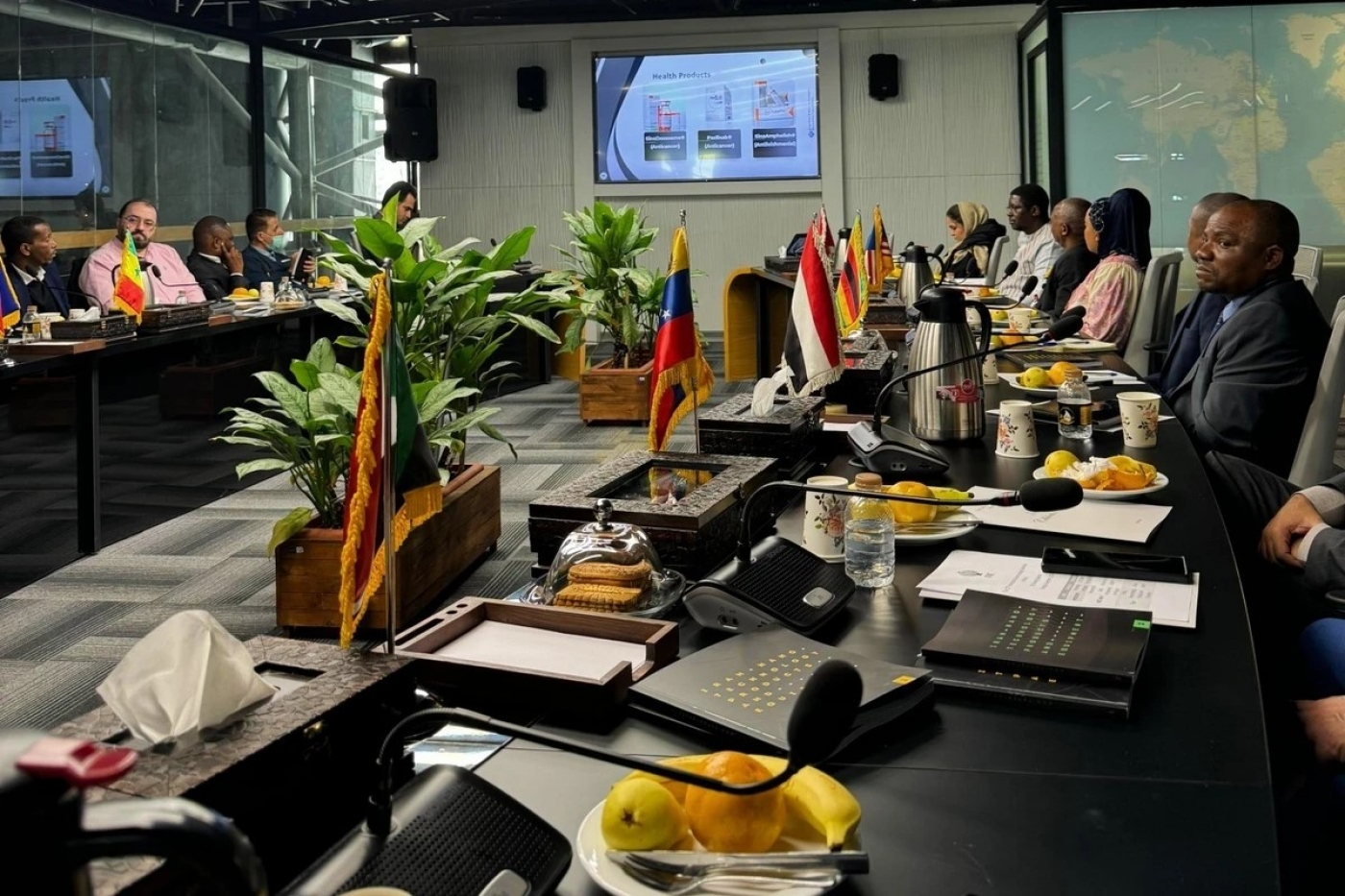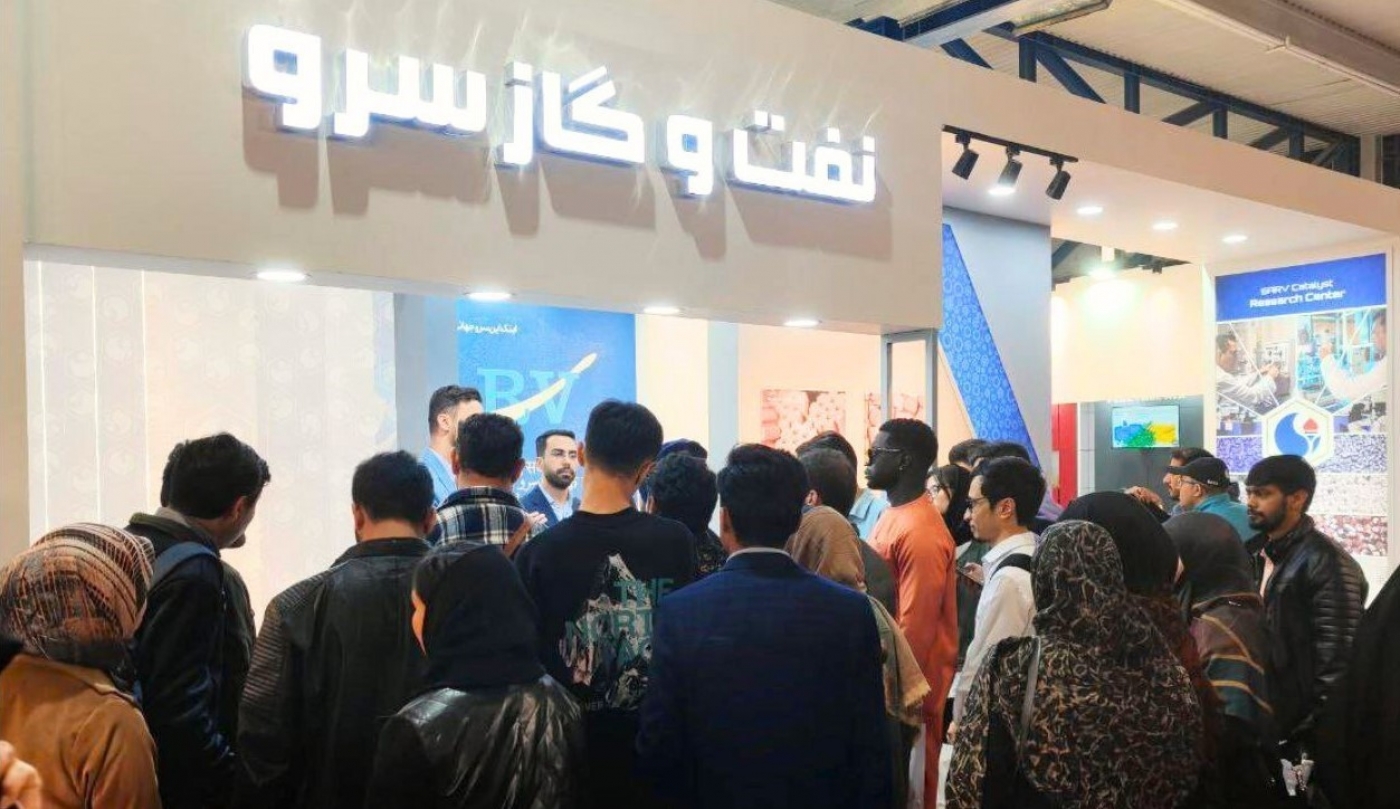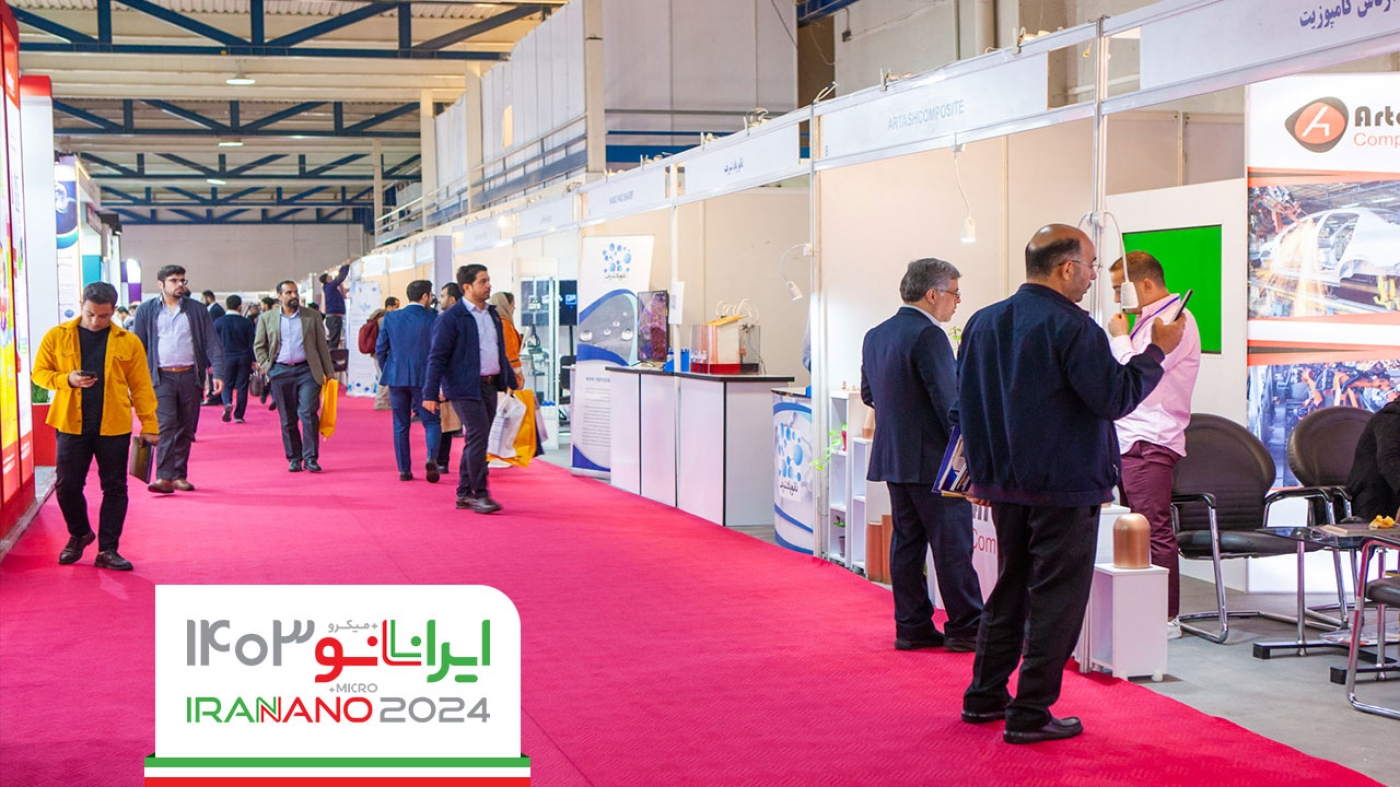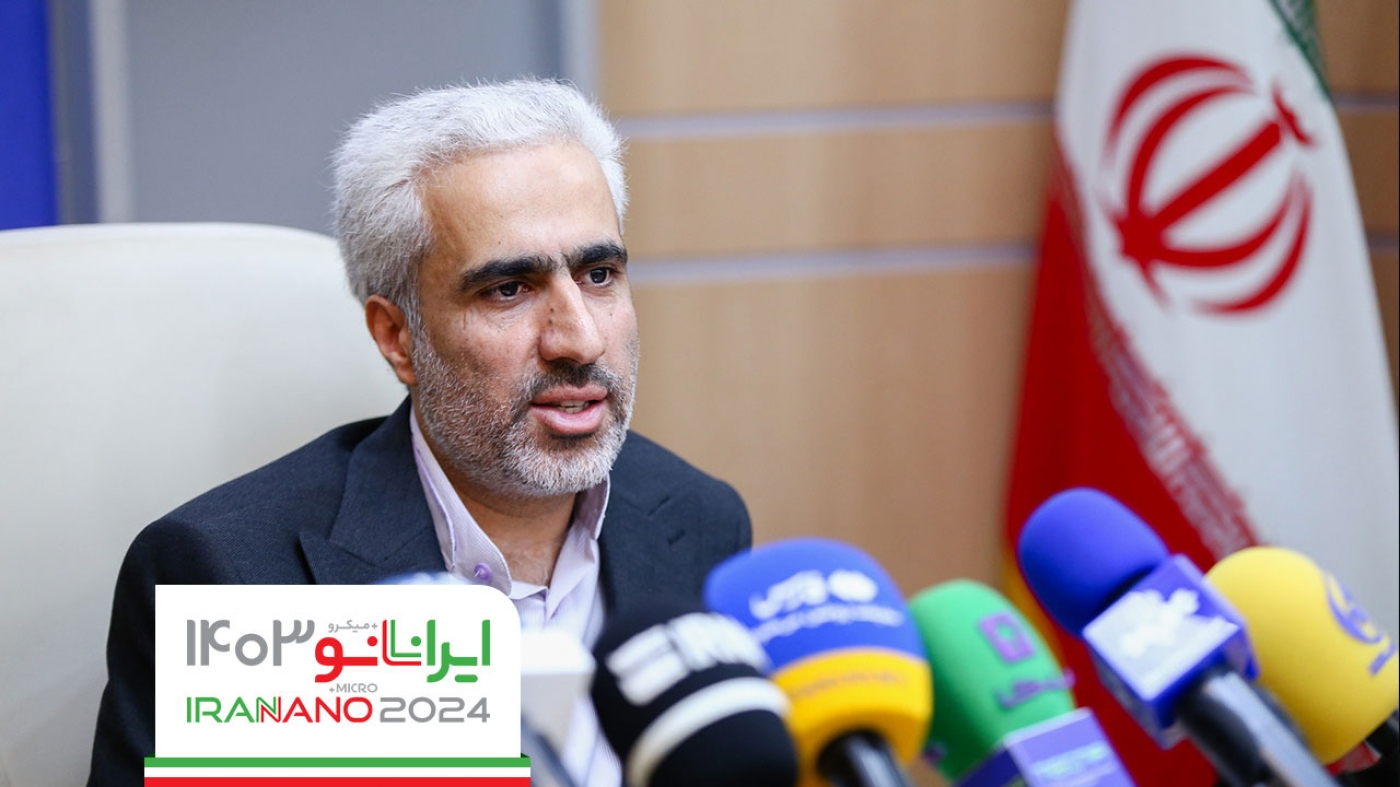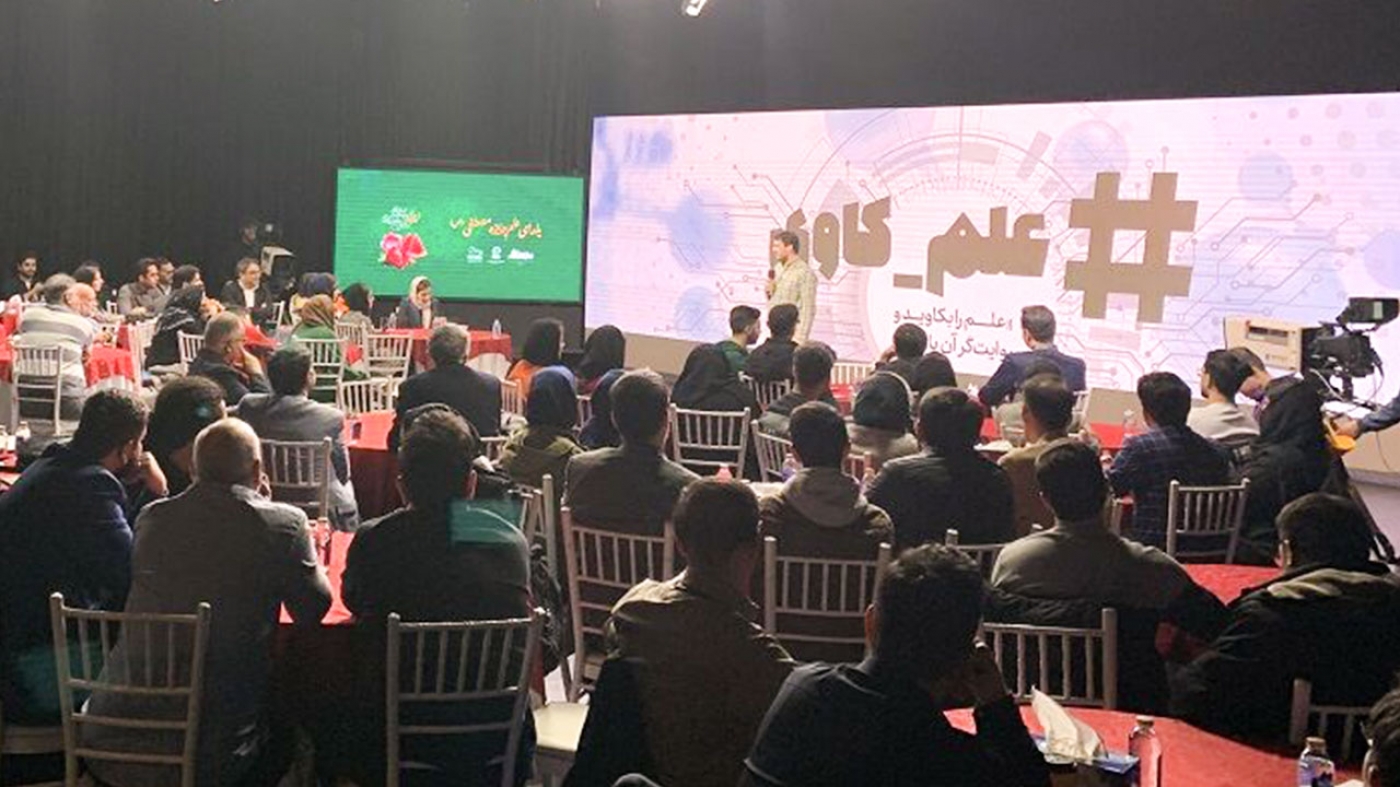Vahid Esmaili says: “ using the coating containing zirconium nanoparticles in the radiators, has increased production efficiency, for example, the amount of paint used in production has decreased, and it has also had significant positive environmental effects. Of course, at first we went to this technology to avoid the problems of phosphates, but then the qualitative advantages of this technology encouraged us. Currently, in addition to radiators, we are also using this technology in packages.”
The CEO of Tash Radiator adds: “There are German and Turkish competitors in the international market who use the same. In fact, the quality of our product is not less than theirs and nanotechnology has given us the possibility to compete with these competitors. The use of nanotechnology has increased the quality and durability of our products, while reducing water and energy consumption.”
Before using the nano zirconium coating, the radiators produced by Tash company were categorized in C category in terms of energy loss, but with the use of this Iranian technology and by reducing the thickness of the coating and color on the radiator, the products of this company managed to get B rank in Energy was wasted.
He adds: “As far as we could, we informed the consumer about this advantage, and we will continue to use nanotechnology in our production activities. Currently, 40% of our products are exported, and 8 countries are the export destinations of Tash radiator products, and this export continues without interruption throughout the year.
Russia, Iraq, Azerbaijan and Afghanistan are among the export destinations of this company's products. The increase in thermal capacity is one of the advantages of Tash Radiator products, which have a higher capacity than similar products in the market.
Due to the use of this nanocoating, it is possible to use thin layer colors on the radiators, and hence the heat transfer in the radiators of Tash Radiator industrial production group takes place with high efficiency. This issue is very important for countries where energy prices are high. In Afghanistan, where coal is used for energy production and the issue of reducing energy consumption is very critical, this issue is considered a competitive advantage.
